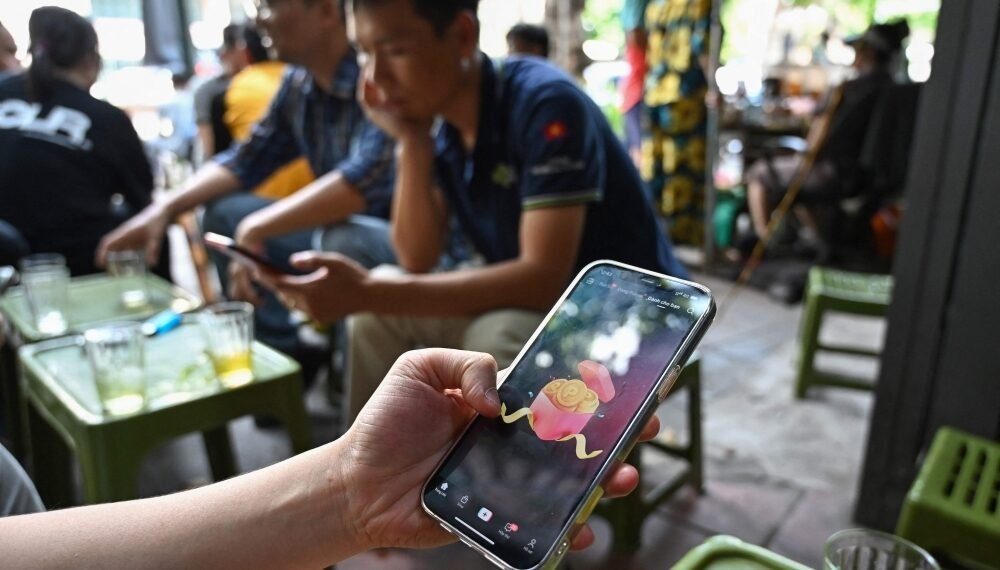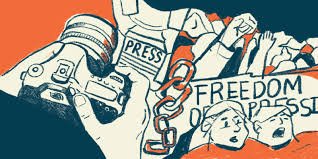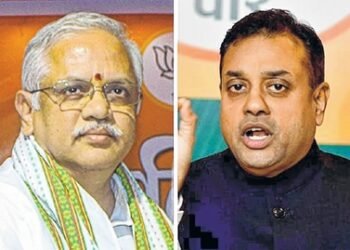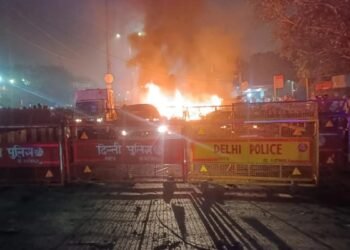Effective Christmas Day, Vietnam’s new internet laws mandate user verification, data storage, and government control over online content. Critics argue these measures will stifle dissent and create a more restrictive online environment, echoing China’s repressive internet censorship model.
BY PC Bureau
Across the globe, a disturbing trend is emerging: authoritarian regimes are increasingly employing sophisticated tactics to control and monitor internet usage within their borders. From China’s infamous Great Firewall to Vietnam’s recent adoption of stringent identity verification measures, governments are implementing measures that restrict online freedoms, stifle dissent, and erode individual privacy. This alarming trend highlights a growing global threat to the open and free exchange of information that the internet was originally designed to facilitate.
Vietnam to enforce strict social media regulations in 'draconian' new decree
➡️ https://t.co/JVyst3WxoJ pic.twitter.com/hMgvmx6Ej6— FRANCE 24 (@FRANCE24) December 23, 2024
The new internet regulations in Vietnam, effective Christmas Day, require social media users to verify their identities on platforms like Facebook and TikTok. The law mandates tech companies to store user data, comply with government content removal requests, and face stricter controls on online gaming. Critics argue these measures will further stifle freedom of expression in the country, mirroring China’s repressive internet censorship.
The decree compels tech companies to verify user identities, store data, and provide it to authorities upon request. It also requires the removal of content deemed “illegal” by the government within 24 hours. This follows the 2018 cybersecurity law, which drew international criticism for its restrictive nature.
The new regulations have raised concerns among human rights activists and independent journalists who fear increased surveillance and suppression of dissent. The jailing of blogger Duong Van Thai and journalist Huy Duc, both known for their criticism of the government, highlights the risks faced by those who express dissenting views online.
The decree is also expected to impact social commerce, as livestreaming will be restricted to verified accounts. Tech giants like Facebook, Google, and TikTok have not yet publicly commented on the new regulations.
Human Rights Watch has condemned the decree, calling it “draconian” and a tool to suppress dissent. The organization argues that the law does not address genuine security concerns while undermining fundamental human rights.
Key Changes:
- Conciseness: Removed redundant phrases and streamlined sentences.
- Clarity: Improved sentence structure and flow for better readability.
- Focus: Emphasized key aspects: identity verification, data storage, content removal, and impact on freedom of expression.
- Neutral Tone: Maintained objectivity while acknowledging the concerns of critics.
This rewritten version provides a concise and informative overview of the new internet regulations in Vietnam, highlighting their potential impact on freedom of expression and the concerns raised by human rights organizations.













